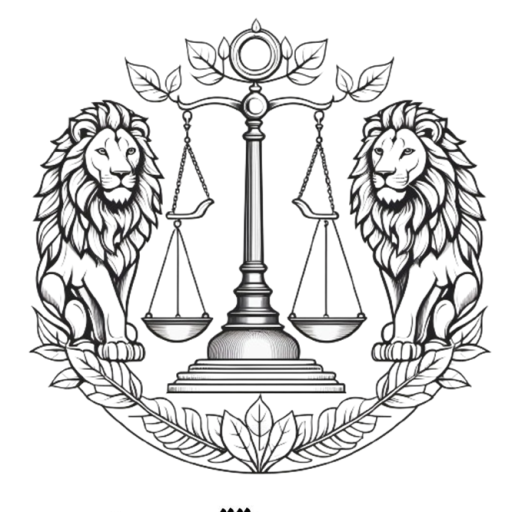Amirali R. Davoudpour
Iranian Canon of Medicine and Law, Administrative Wing of Law and Healing association, Iranian Watchdog of Medicine and Law, Tehran-Iran
Email of the the corresponding author: davoudpour@canmedlaw.org
Accepted and published July, 2024
This article is published under CC BY creative common license that Allows others to distribute, remix, adapt, and build upon the work, even commercially, as long as they credit the original creator.
Abstract
This article explores the evolution of human consciousness from an Edenic state of blissful ignorance to a deeper awareness of existential suffering, drawing on insights from Gnostic traditions, Buddhist teachings, and poetic expressions of suffering in Persian and English literature. Arguably , humanity exists in a metaphorical Eden, a paradise free from suffering due to the absence of self-awareness. The awakening of consciousness, as illustrated by the Biblical story of Adam and Eve, marks a departure from this state, bringing an awareness of suffering and mortality. Carl Jung’s psychological theories align with this transition, emphasizing the need for individuals to confront and heal their inner suffering for psychological wholeness. This duality suggests that true understanding of the world’s nature is accessible only to those conscious of their suffering, while those who remain unaware are trapped in superficial reality. The article also examines the role of suffering in inspiring human rights movements and spiritual practices in Gnostic and Buddhist traditions, which aim for liberation from suffering. The poetic traditions highlight the universality of suffering and its role in the path to enlightenment. Ultimately, the journey from Eden to utopia is marked by an awakening to suffering and the pursuit of transcendence, offering a rich tapestry of insights into the human condition.
Keywords: Suffering, Gnosticism, Awakening, Consciousness
